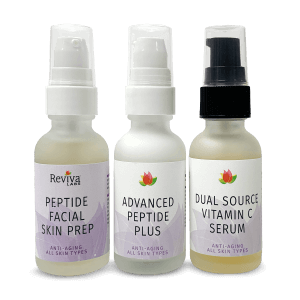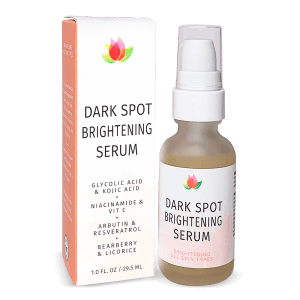Skin Care
Dealing with the effects of stress on your skin
We all deal with stress: the stressors may be different for each of us (finances, health struggles, work stress), but regardless of the cause of the stress, it can affect our health in many ways.
Our body’s largest organ – our skin – is negatively affected by stress, so it’s important to learn how to negate the effects of stress on the skin; or better yet, to mitigate stress all together.
How does the skin respond to stress?
Cortisol – known as the “stress hormone” – is important. It helps regulate blood pressure and insulin, as well as your body’s metabolism. Cortisol is released by the body in order to manage stress. However, when stress becomes chronic, too much cortisol is released, and higher cortisol levels can cause damage to the body and the skin. Breakouts, flaring of skin conditions such as psoriasis, rosacea, and eczema, and even extreme skin dryness – can happen as a result of higher cortisol levels due to stress.
Protecting your skin from damage due to stress
Stress – both mental and physical – can certainly affect your health, as well as the health of your skin. But there are some things you can do to help alleviate the negative effects of stress on your skin and overall health.
Stress relief
Of course, the best way to prevent the damage stress can do is to reduce the stress itself. It may not be possible to eliminate all sources of stress, but there are some things you can do that may help.
Quiet time
Even if your day is non-stop from early in the morning until late at night, almost everyone can find 10 minutes or so to devote to their own well-being. Go into your office or bedroom, close the door, turn off the lights, and just relax. Release yourself from everything else, and take time to focus on yourself.
Healthy Diet
Your entire body is affected by what you eat, and when you’re stressed, you may be tempted to indulge in “comfort food.” If your comfort food is broccoli, then go for it. But if your comfort food tends more toward sweets and fast food, then you should try to abstain. Make sure you’e getting enough protein and fiber, and that you’re getting a variety of vitamins and minerals. You should also be sure to remain hydrated. A healthy diet will not only help to relieve stress, but it will help the body manage stress better.
Get moving
You don’t have to hit the gym for an hour every day to get the stress-relieving benefits of exercise – you just need to move. Go for a long walk, or turn on some music and dance around the house – upbeat music is a bonus stress reliever.
Don’t skimp on your skin care
Along with stress often comes exhaustion. And at the end of a stressful day, it can be tempting to truncate – or downright ignore – your carefully-crafted skin care routine. Believe it or not, neglecting your skin can exacerbate your stress, while self-care in the form of caring for your skin, can actually help relieve stress. Be sure to properly cleanse, exfoliate, and moisturize regularly, and when you’re feeling particularly stressed, treat yourself to a luxurious skin serum or a new fancy eye treatment. It will help keep your skin healthy, and can even improve your well-being.









